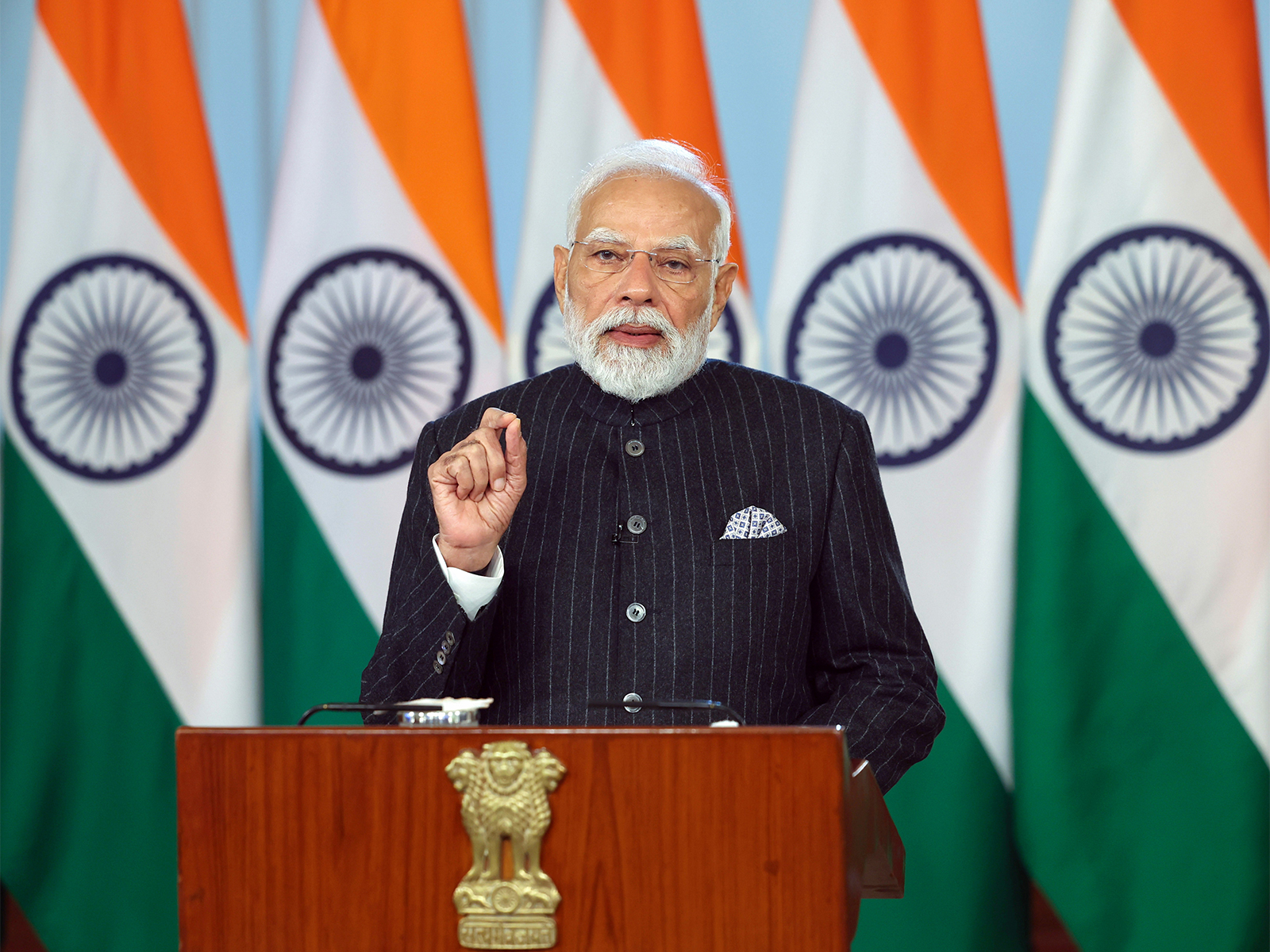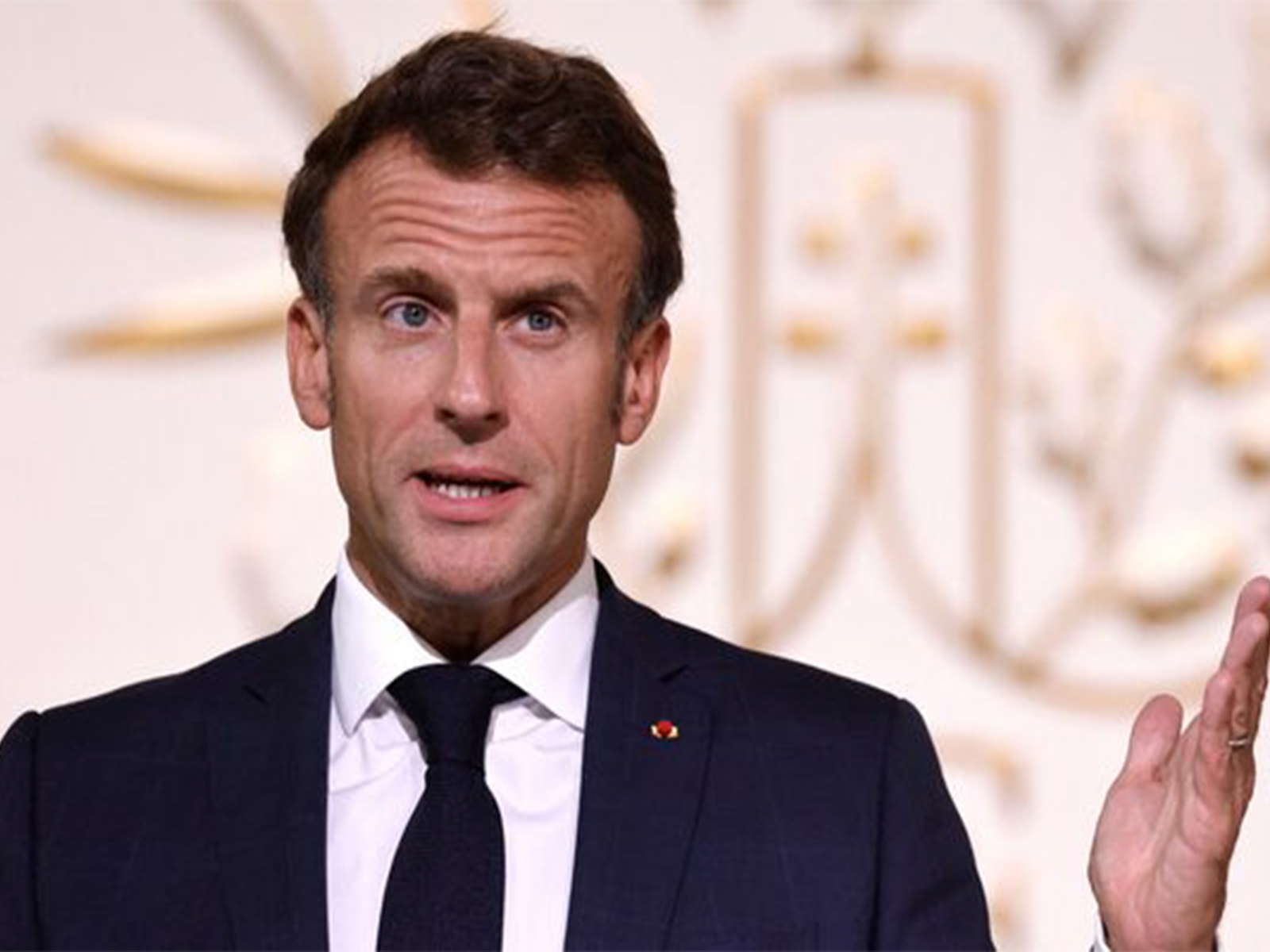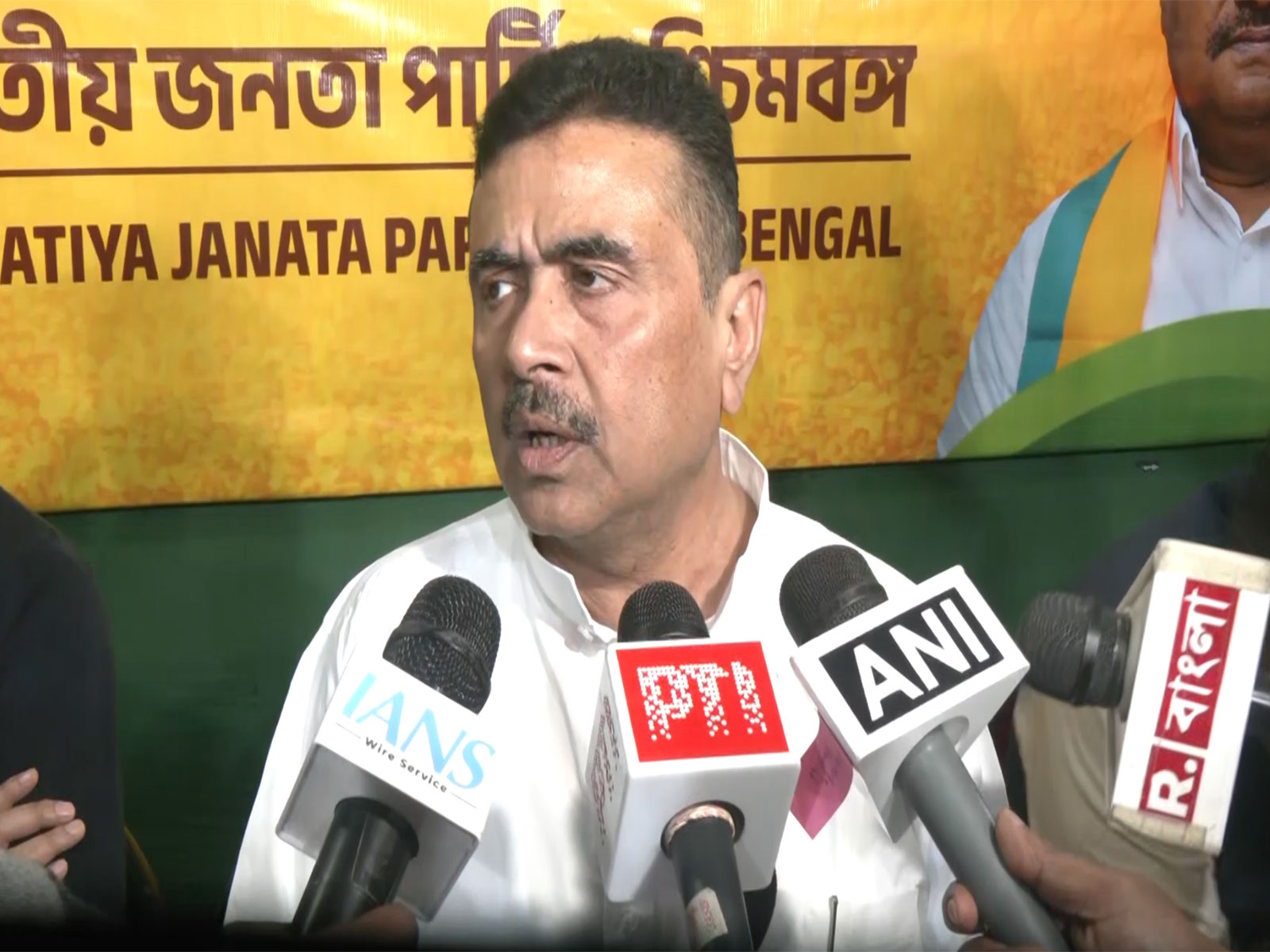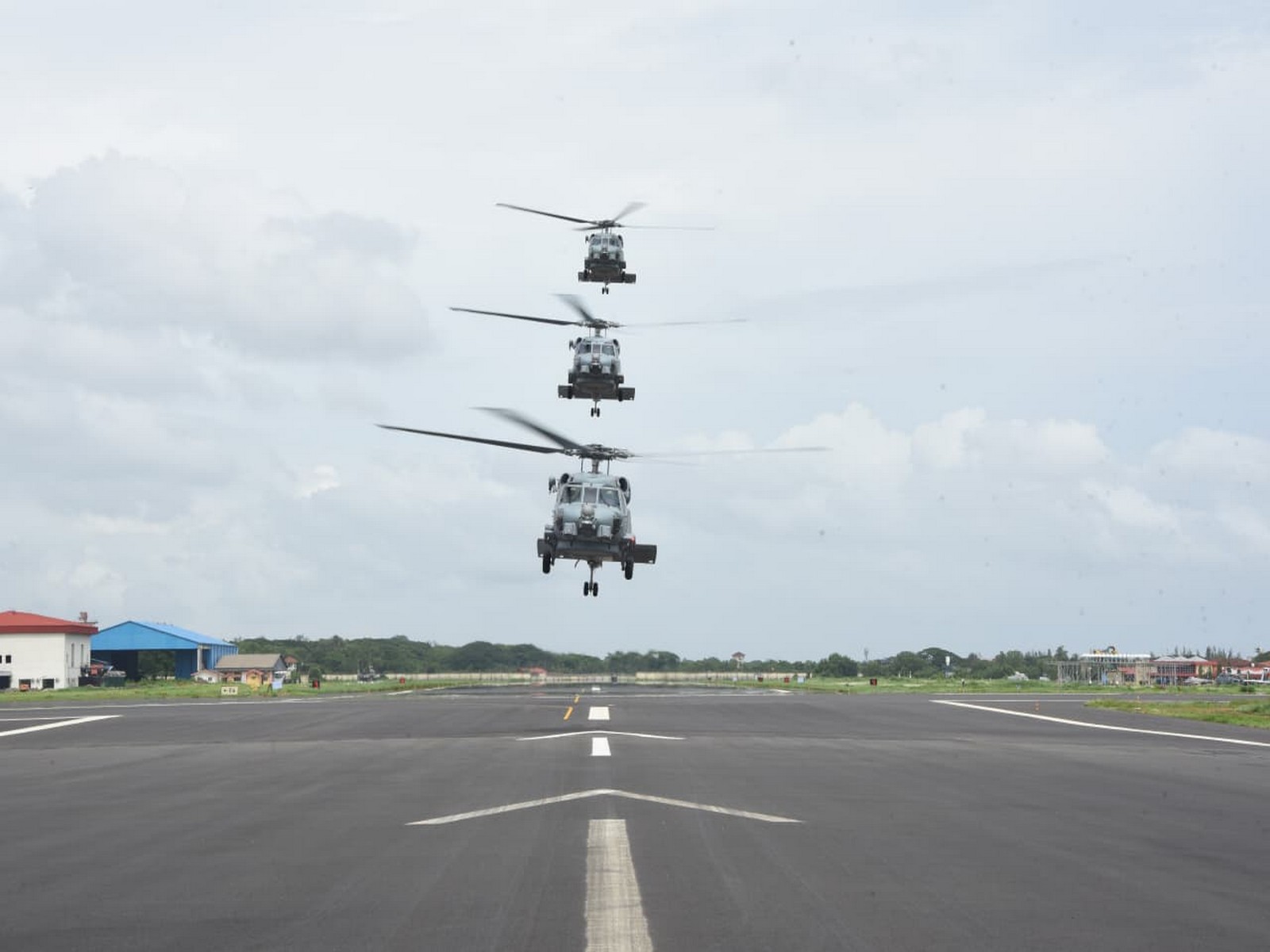US-Australia reaffirm commitment to Quad consultation with India, Japan; slam China for its actions in Hong Kong
Jul 29, 2020

Washington D.C. [US], July 29 : US and Australia reaffirmed their commitment to trilateral dialogues with Japan and Quad consultations with Japan and India, a joint statement released on the occasion of the 30th Australia-United States Ministerial Consultations (AUSMIN) 2020 said.
US Secretary of State Mike Pompeo and Secretary of Defense Mark Esper hosted Minister for Foreign Affairs Marise Payne and Minister for Defence Linda Reynolds on July 28 in Washington for the 30th Australia-United States Ministerial Consultations (AUSMIN 2020).
"The Secretaries and Ministers reaffirmed that the Indo-Pacific is the focus of the Alliance and that the United States and Australia are working side-by-side, including with ASEAN, India, Japan, the Republic of Korea, and Five Eyes partners, to strengthen our networked structure of alliances and partnerships to maintain a region that is secure, prosperous, inclusive, and rules-based," the statement said.
It further stated that following this year's cooperative naval activity between HMAS Parramatta and the USS America Expeditionary Strike Group in the South China Sea, the principals committed to pursue increased and regularized maritime cooperation in the region, as well as the Indian Ocean, bilaterally and in concert with other likeminded and regional partners.
The two countries also expressed "deep concern" about Chinese government's efforts to undermine the "One Country, Two Systems" framework and to erode Hong Kong's autonomy and freedoms in violation of its obligations under the Sino-British Joint Declaration.
"In particular, the principals expressed deep concern at the imposition of sweeping and vague "national security" legislation on Hong Kong that has imperiled the rule of law and undermined the rights to freedom of expression, including for members of the press, and to peaceful assembly," the joint statement said.
China recently imposed the draconian national security law in Hong Kong with an aim to crush dissent. The move has come under severe criticism from US and several of its allies.
"The Secretaries and Ministers noted that both the United States and Australia are taking steps to suspend their respective extradition treaties with Hong Kong as a result of the PRC's actions and announced mechanisms to admit Hong Kong residents to our countries," the joint statement said.
It stated that they also reiterated their support for the people of Hong Kong to be able to elect Legislative Council representatives via a genuinely free and fair election, which is credible and peaceful, on September 6.
The two countries also expressed "deep concern over the PRC's campaign of repression of Uyghurs and members of other minority groups in Xinjiang, including mass detentions, forced labor, pervasive surveillance, restrictions on freedom of religion, and reports of forced abortions and involuntary birth control."
"The Secretaries and Ministers re-affirmed Taiwan's important role in the Indo-Pacific region as well as their intent to maintain strong unofficial ties with Taiwan and to support Taiwan's membership in international organizations where statehood is not a prerequisite. Where statehood is a prerequisite for membership, both sides support Taiwan's meaningful participation as an observer or guest," the joint statement said.
In what is likely to rile China, the joint statement stated: "In line with the 2016 decision of the Arbitral Tribunal, they affirmed that Beijing's maritime claims are not valid under international law. Specifically, they affirmed that the PRC cannot assert maritime claims in the South China Sea based on the "nine-dash line," "historic rights," or entire South China Sea island groups, which are incompatible with the United Nations Convention on the Law of the Sea (UNCLOS)."
They noted that the 2016 Arbitral Award is final and binding on both parties and emphasized that all claims in the South China Sea must be made and resolved in accordance with international law, it said.
The United States and Australia also reaffirmed their commitment to cooperation on counterterrorism.
"Both sides are proud of the achievements under the Global Coalition to Defeat ISIS (Da'esh) and in the Indo-Pacific region. They committed to continue to work together with Indo-Pacific partner countries to mitigate any impacts of COVID-19 on exacerbating the regional terrorist threat environment and to support regional counter-terrorism partner countries in addressing these threats, including any potential movement of foreign terrorist fighters within the region," the joint statement said.



















